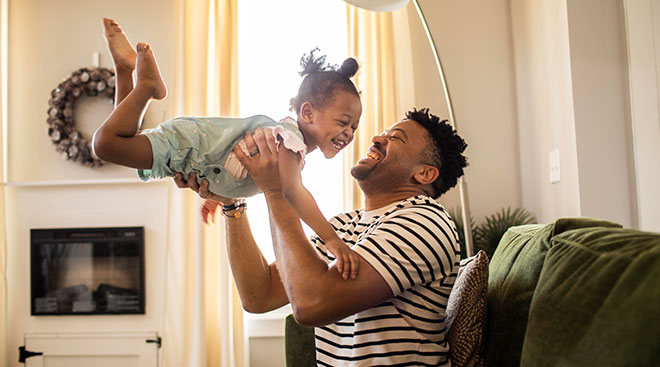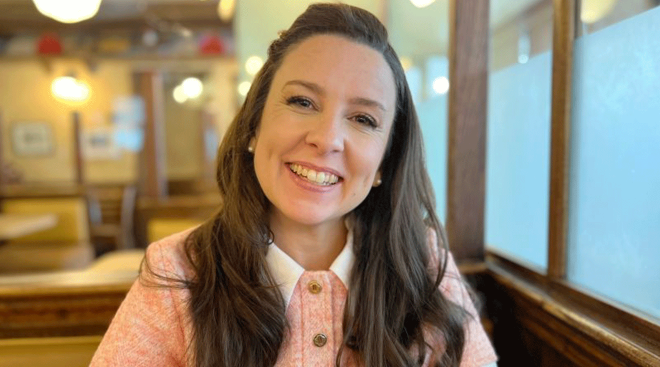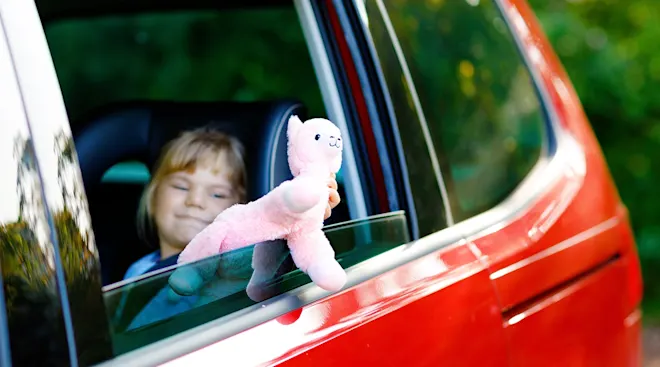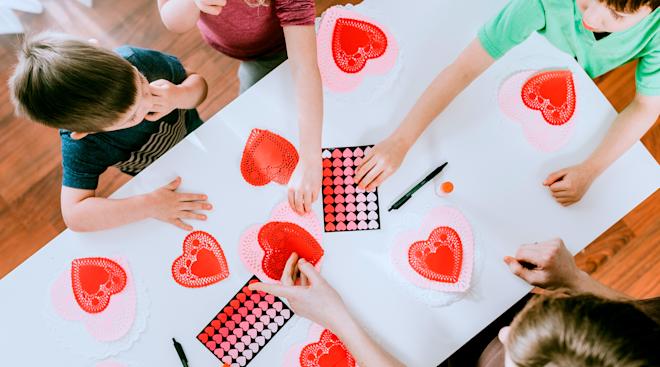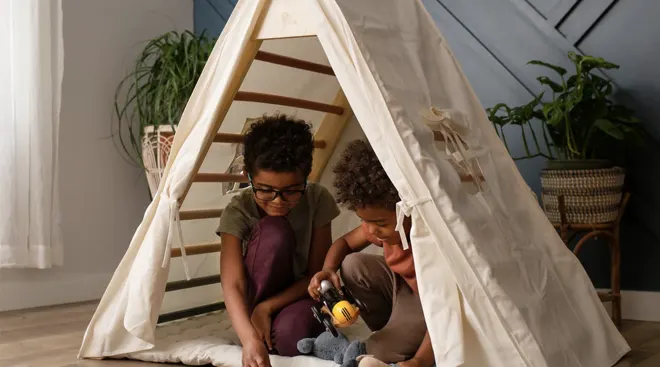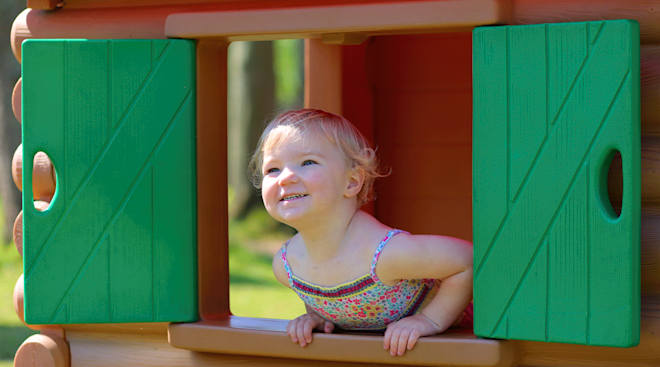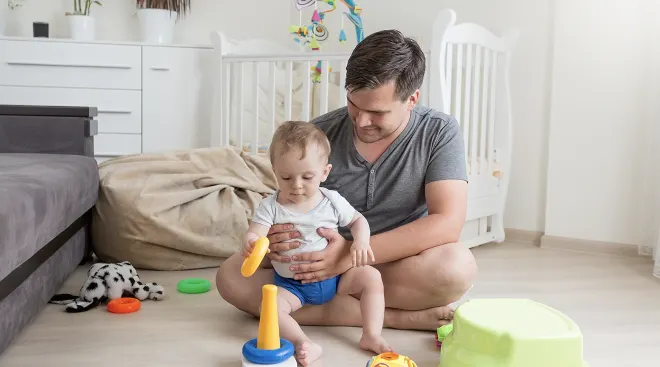Playtime With Dad May Help Kids Improve Their Self-Control, Study Says
A new review from academics at the Faculty of Education, University of Cambridge and the LEGO Foundation is finding that young children whose fathers play with them from a very young age may have an easier time controlling their behavior and emotions later on.
The study looked at evidence from the past 40 years to understand more about how dads play with kids when they’re aged 0 to 3 years old. The researchers looked at data from 78 studies conducted between 1977 and 2017, most of which took place in Europe or North America. They analyzed information and patterns on differences between how dads and moms played with kids, how often fathers and kids played together, what that play looked like and whether it affected the child’s development.
The findings suggest that most dads play with their kids every day and engage in more physical play, even with younger children. For babies, this might be picking them up and helping them use their limbs, while for toddlers it may be through activities like tickling, chasing and giving piggy-back rides.
In almost all the studies reviewed, the researchers found a correlation between this type of play and the child’s ability to better control their feelings and behavior as they grow older. They found that kids who enjoyed high-quality playtime with their dads were less likely to show hyperactivity or behavioral problems. They were also better at controlling their aggression and less likely to lash out at other kids at school.
"It’s important not to overstate the impact of father-child play as there are limits to what the research can tell us, but it does seem that children who get a reasonable amount of playtime with their father benefit as a group,” Paul Ramchandani, professor of play in education, development and learning at the University of Cambridge, said in a press release.
Dr Ciara Laverty, of the LEGO Foundation, also added, "At a policy level, this suggests we need structures that give fathers, as well as mothers, time and space to play with their children during those critical early years. Even today, it’s not unusual for fathers who take their child to a parent-toddler group, for example, to find that they are the only father there. A culture shift is beginning to happen, but it needs to happen more.”
While parent-child play is critical in the first few years of life and supports the development of social, cognitive and communication skills, most research focuses on play between mothers and babies.
“Our research pulled together everything we could find on the subject, to see if we could draw any lessons,” Ramchandani said. "Physical play creates fun, exciting situations in which children have to apply self-regulation. You might have to control your strength, learn when things have gone too far—or maybe your father steps on your toe by accident and you feel cross! It’s a safe environment in which children can practise how to respond. If they react the wrong way, they might get told off, but it’s not the end of the world—and next time they might remember to behave differently.”
The researchers emphasize, however, the kids who live primarily with their mom or with two moms are not at a disadvantage. “One of the things that our research points to time and again is the need to vary the types of play children have access to, and mothers can, of course, support physical play with young children as well,” Ramchandani added. “Different parents may have slightly different inclinations when it comes to playing with children, but part of being a parent is stepping outside your comfort zone. Children are likely to benefit most if they are given different ways to play and interact.”
Navigate forward to interact with the calendar and select a date. Press the question mark key to get the keyboard shortcuts for changing dates.

































